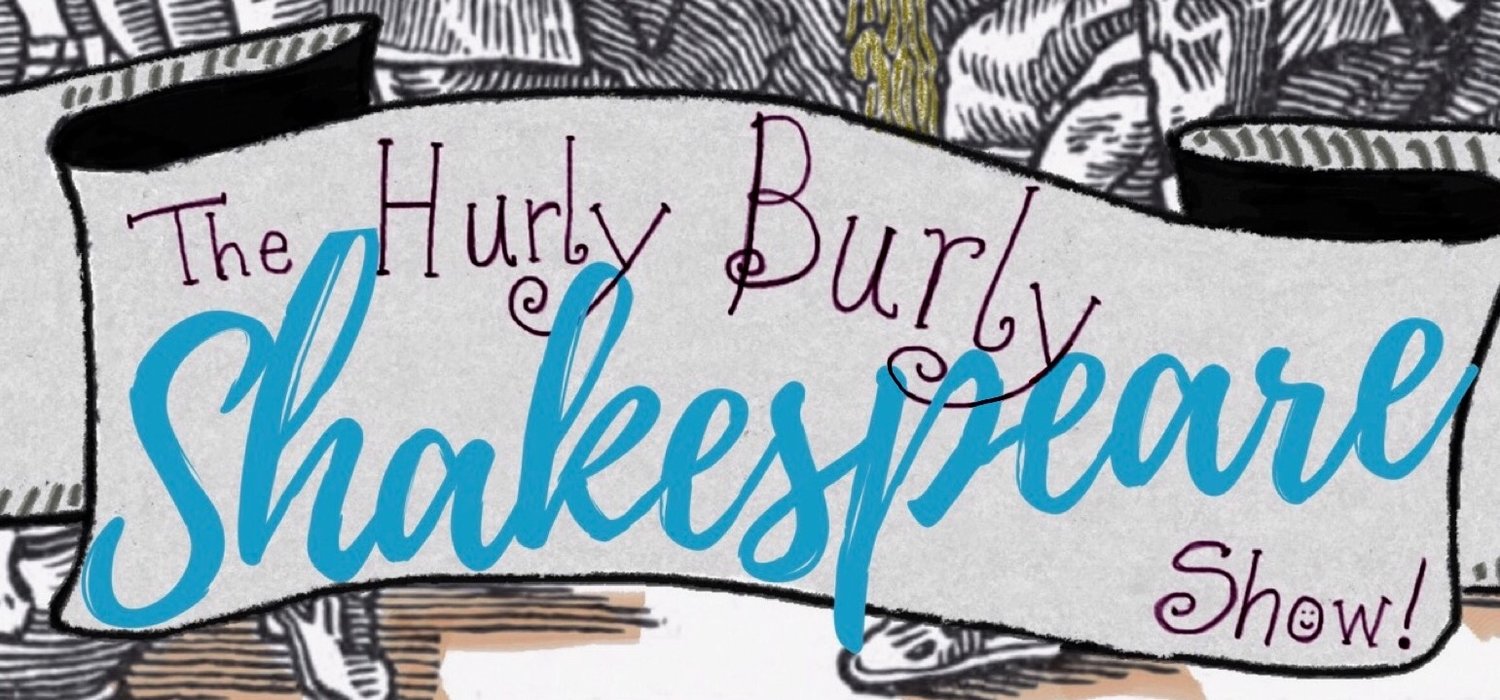This week we dive deep back into Pericles to talk about the perils of traveling while female (in early modern plays, that is…and maybe now, too…), and bemoan what online study guides get absolutely wrong about this play. We revisit apposition (a type of addition) as the main rhetorical trait of our title character. We talk about what “fully funded” actually means in our How to Grad School segment. Finally, we can neither confirm nor deny that we may or may not also fall down a Journey rabbit hole. Join us for the…journey…
Also, here’s that link to Erin Bartram’s spreadsheet we talk about in the How to Grad School segment.
And the link to info about the staged reading of The Macbeth Travesty in Tuscaloosa, AL.

